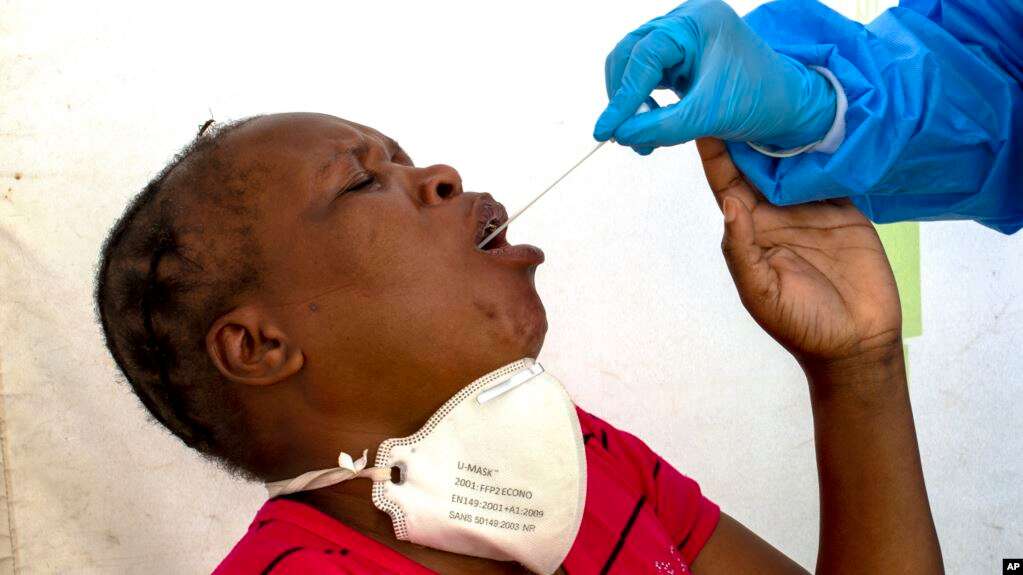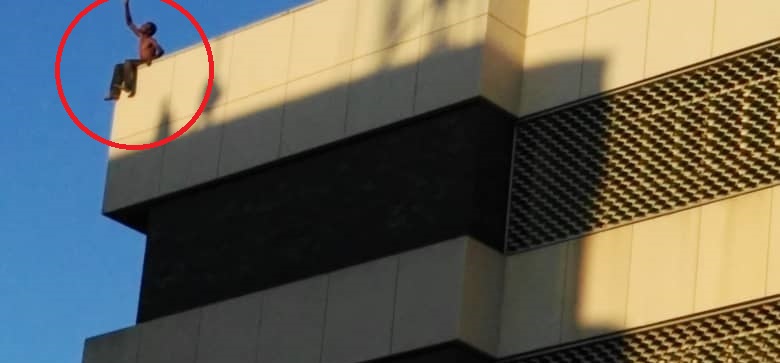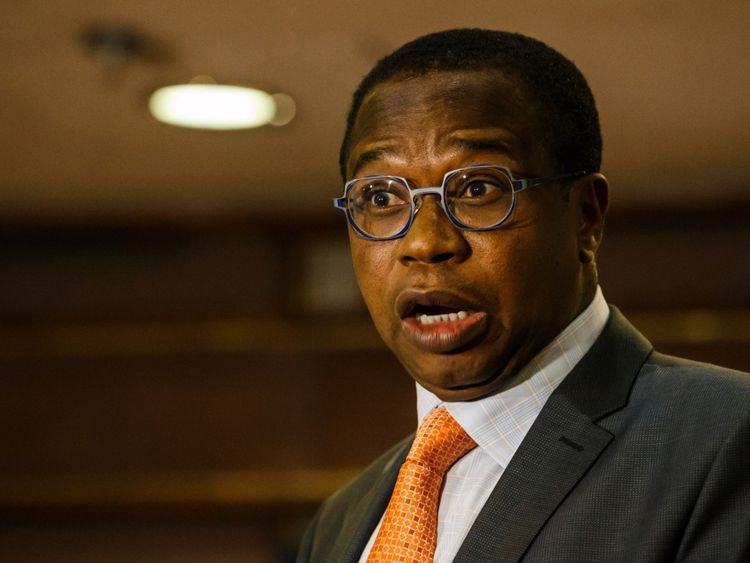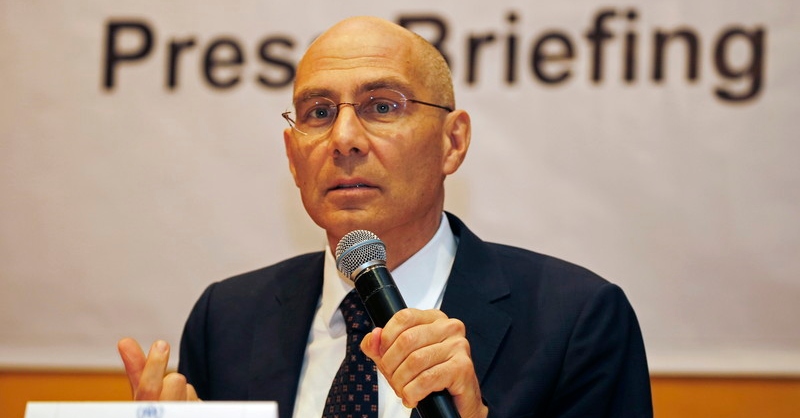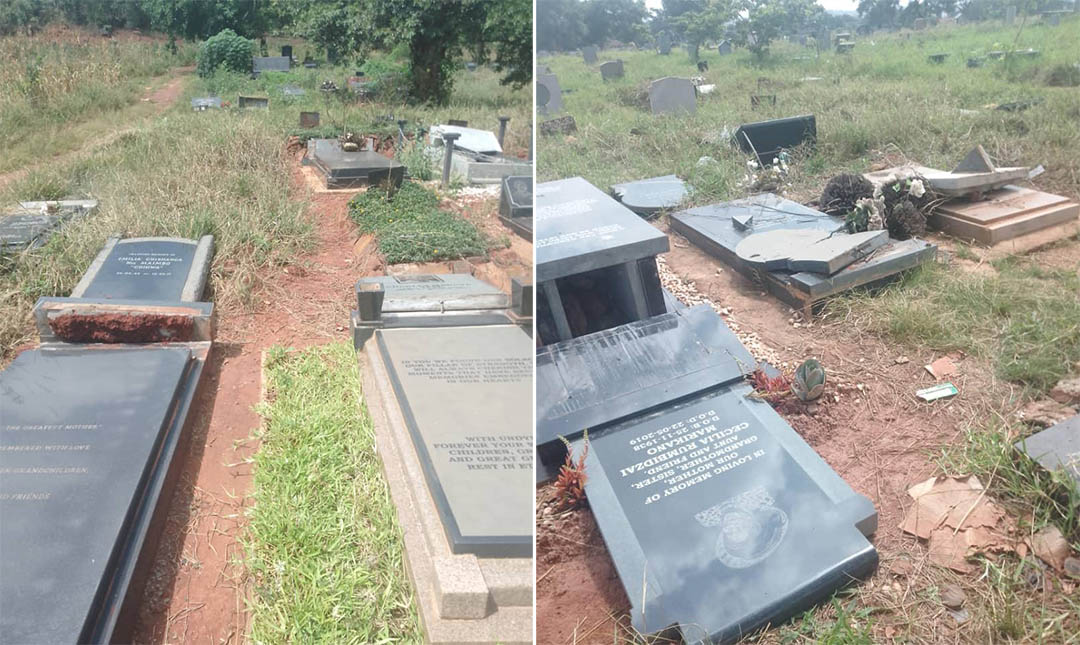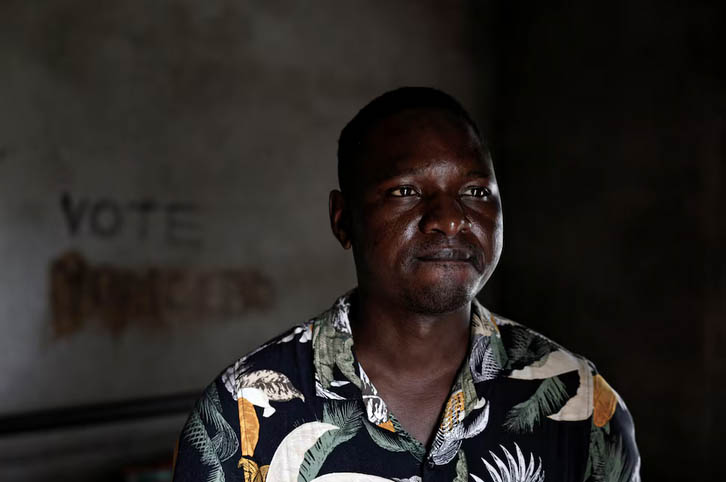HARARE – Zimbabwe reported its highest daily local Covid-19 transmissions on Thursday, most of them in the second city of Bulawayo.
The ministry of health reported a total of 62 cases, the second highest daily tally after the 76 recorded on May 27.
Most of the new cases were detected in returnees from other countries currently held in quarantine centres: 24 from South Africa, five from the United States, four from Zambia, four from Lesotho, three from Botswana and two from Namibia.
Twenty cases were local transmissions, the ministry said in its daily update on Thursday night.
“Nine cases are known contacts of confirmed cases, investigations are on-going to confirm the source of infection for the other 11,” the ministry of health said.
ZimLive understands most of the local infections are from Bulawayo and are connected to the four people that tested positive at Mpilo Central Hospital earlier this month – three patients and a nurse.
Mpilo sent 197 nurses and doctors home to self-isolate after an assessment of their exposure – but a critical shortage of swabs and viral transport medium used to transport samples securely to the lab has forced hospital authorities to delay the health workers’ return.
The nurses and doctors should have been monitored for 14 days to see if they develop symptoms, and only return after they test negative. But hospital chiefs say they have been forced to extend their time away due to delays in testing them, with only about 67 of the 197 so far tested.
The crisis at the hospital is a microcosm of a bigger national crisis as the broke government has stopped most in-country testing, opting instead to test returning citizens.
Health experts warn that infections could be spreading internally, especially after the government eased a national lockdown, at the same time diverting its attentions to thousands of Zimbabweans returning from foreign countries who are being kept in quarantine centres.
Zimbabwe’s says 63 of the 463 people who caught the virus have recovered, and four have died. The shortages of testing consumables means many take weeks to learn if they have recovered, while others are forced to stay in quarantine centres beyond the 21 days.
